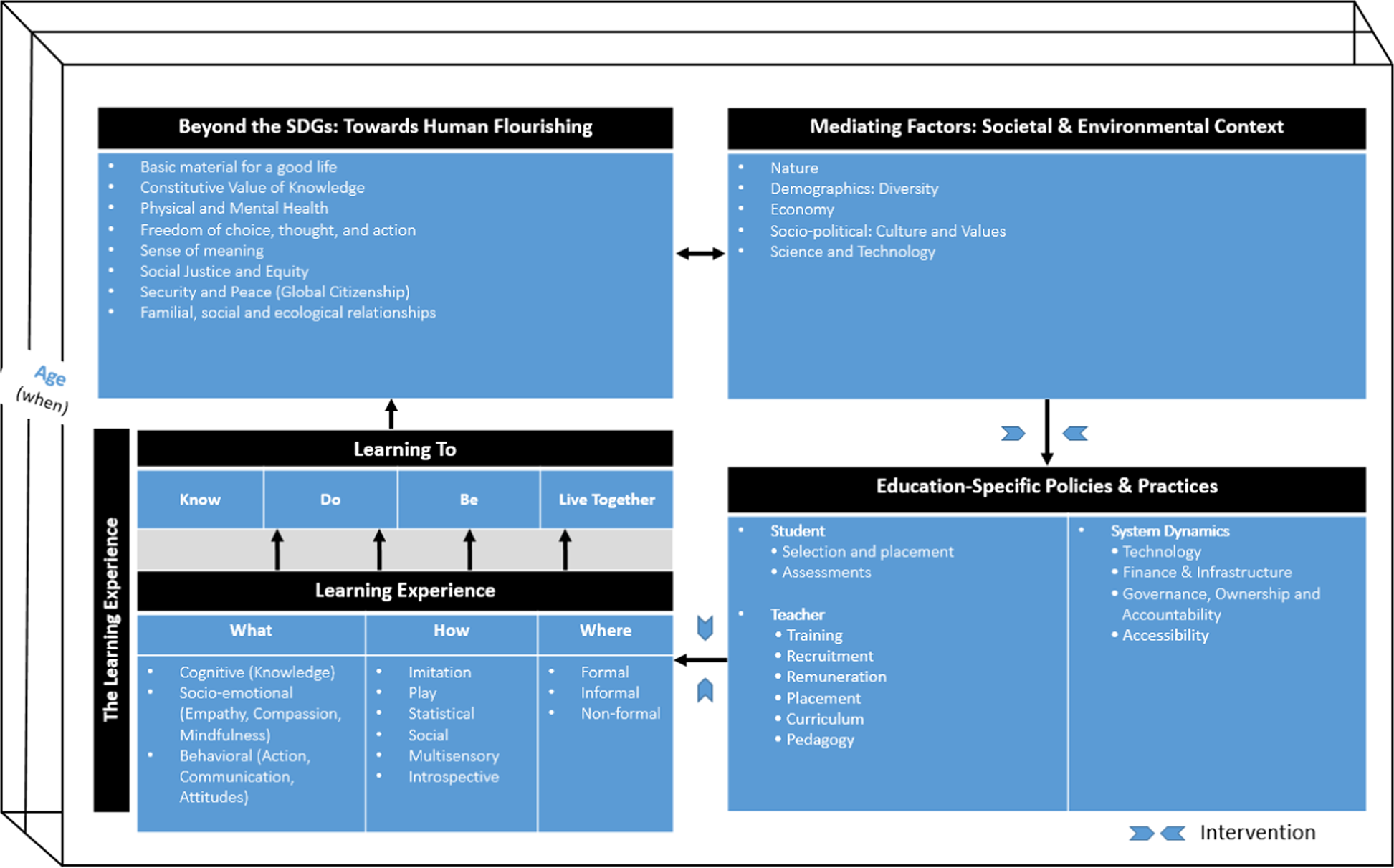


The Framework is arranged in three different approaches to teaching (three successive stages of a teacher’s development): Technology Literacy. Informal learning refers to activities carried out in every-day life, at work, at home and in leisure time, even without an intentional choice. Non-formal education mostly leads to qualifications that are not recognised as formal or equivalent to formal qualifications by the relevant national or sub-national education authorities or to no qualifications at all. The proposal for applying mobile technologies in formal and non-formal education follows the Information and Communication Technology (ICT) Competency Framework for Teachers, developed by Unesco. Non-formal learning is an intentionally chosen learning that takes place outside the formal education and training system. It caters to people of all ages but does not necessarily apply a continuous pathway-structure it may be short in duration and/or low-intensity, and it is typically provided in the form of short courses, workshops or seminars. It is often provided to guarantee the right of access to education for all. The defining characteristic of non-formal education is that it is an addition, alternative and/ or complement to formal education within the process of the lifelong learning of individuals.

Based on its extensive experience and special mandate in the field of literacy, non-formal and lifelong learning, UBO supports countries through advocacy for a stronger commitment to literacy, as well as through capacity development devoted to the reinforcement of. ‘Education that is institutionalised, intentional and planned by an education provider. Literacy is essential for the achievement of human rights and is the foundation for lifelong learning as well as an important prerequisite of participatory citizenship and sustainable development. This report of the project of Life Skills and HIV/AIDS Preventive Education in Non-Formal Education is based on: a survey of major Non-Formal Education (NFE) curricula available with government as well as non - government organizations discussions with NGOs on the methodology used by them in.


 0 kommentar(er)
0 kommentar(er)
